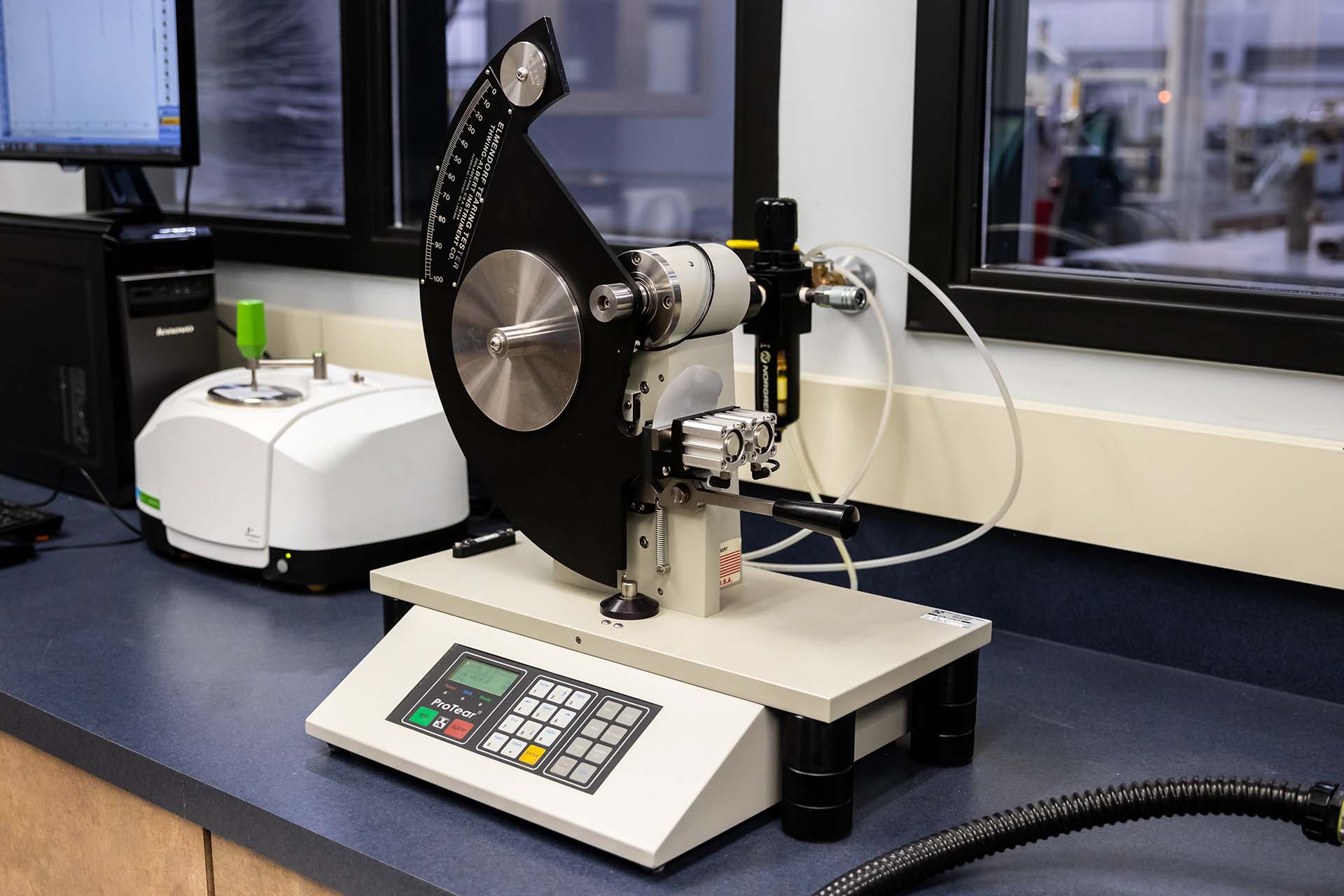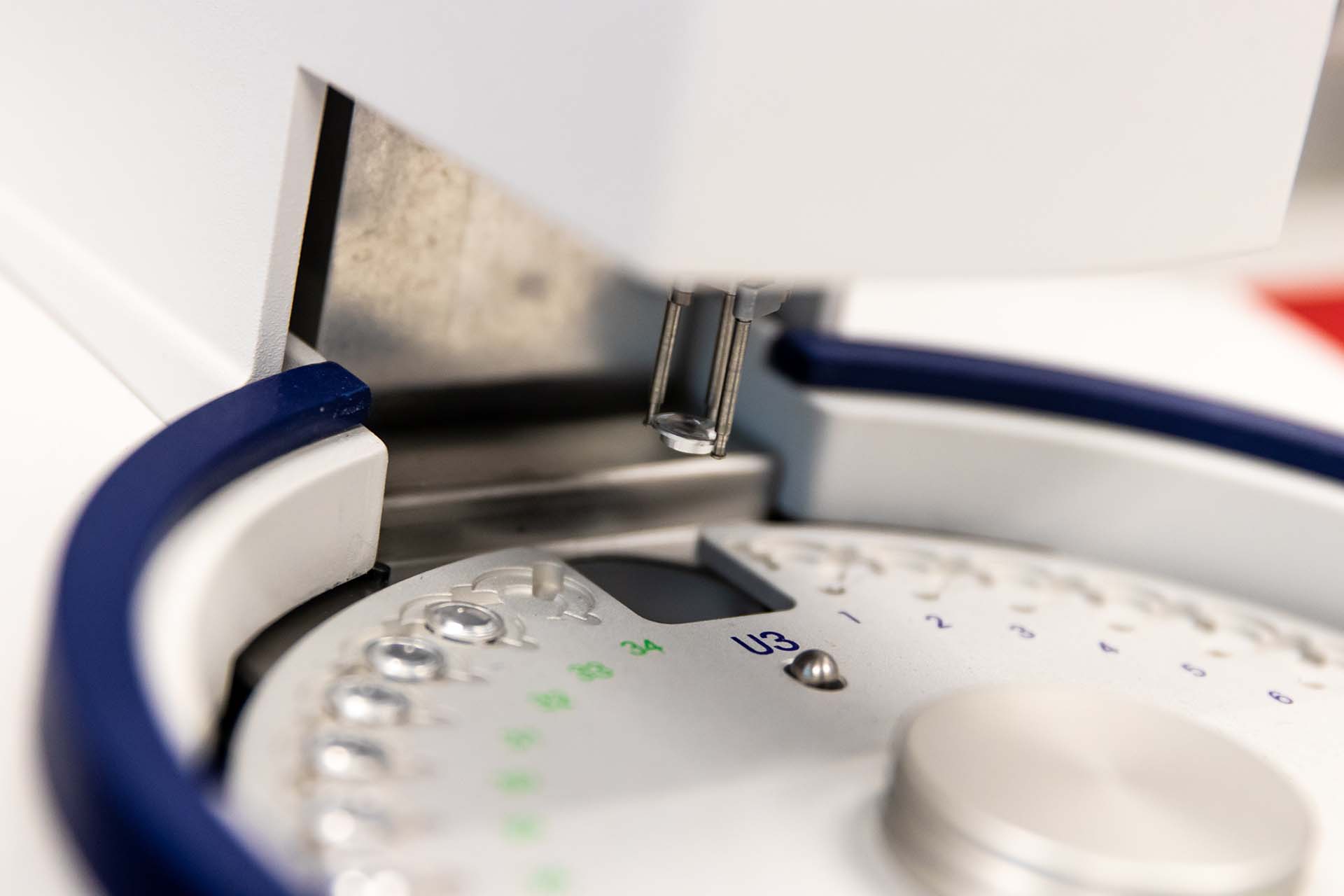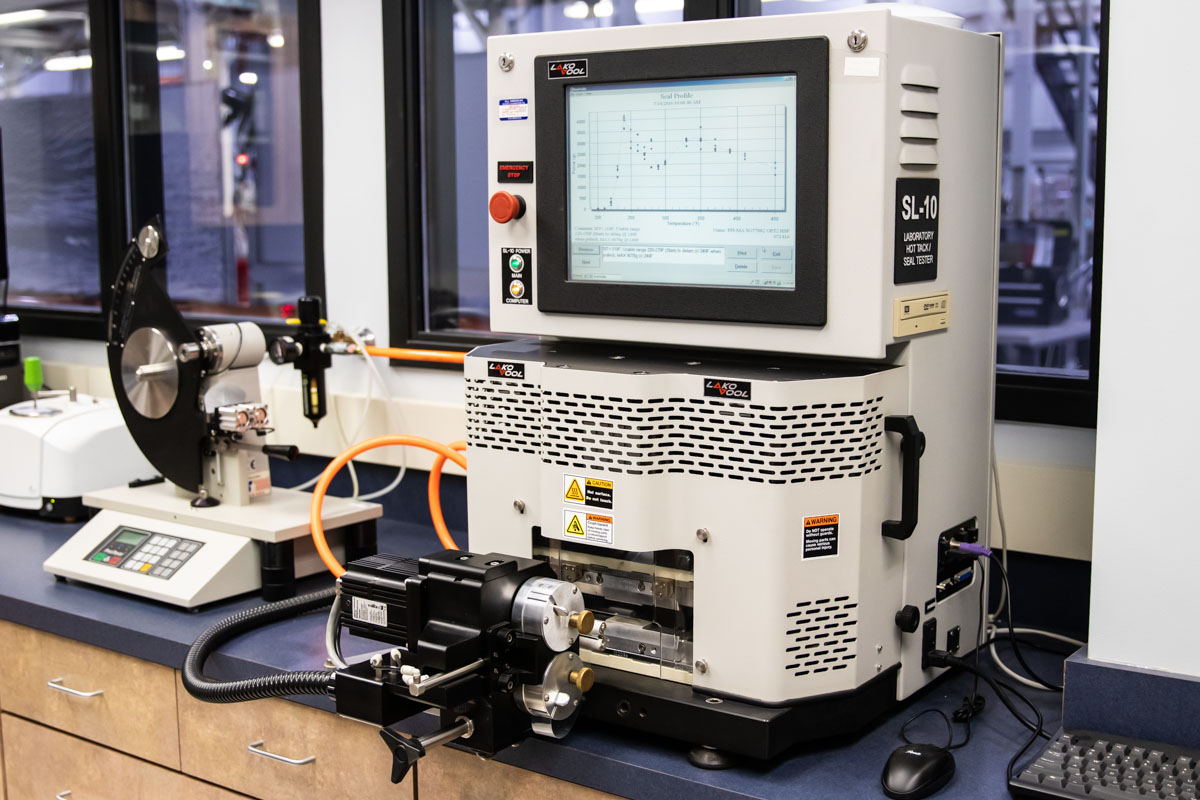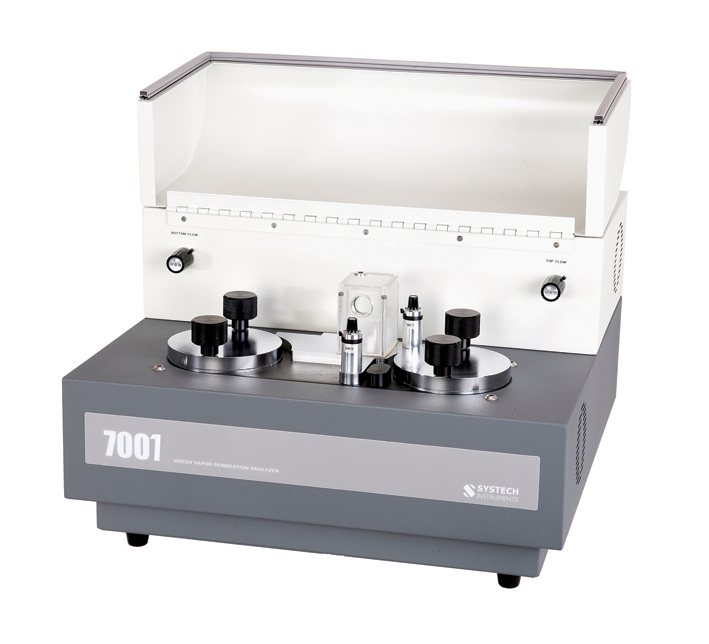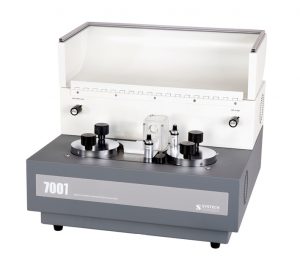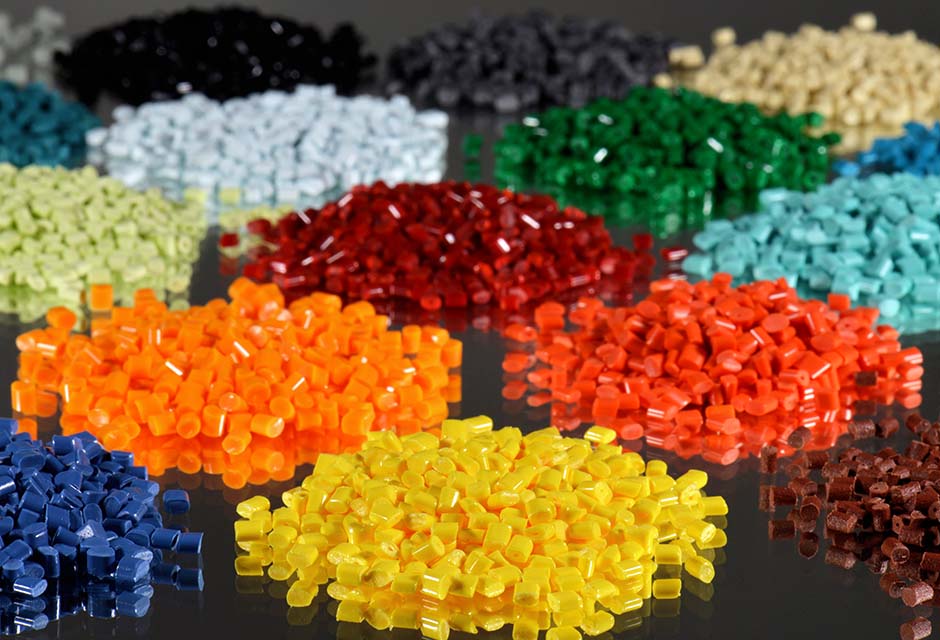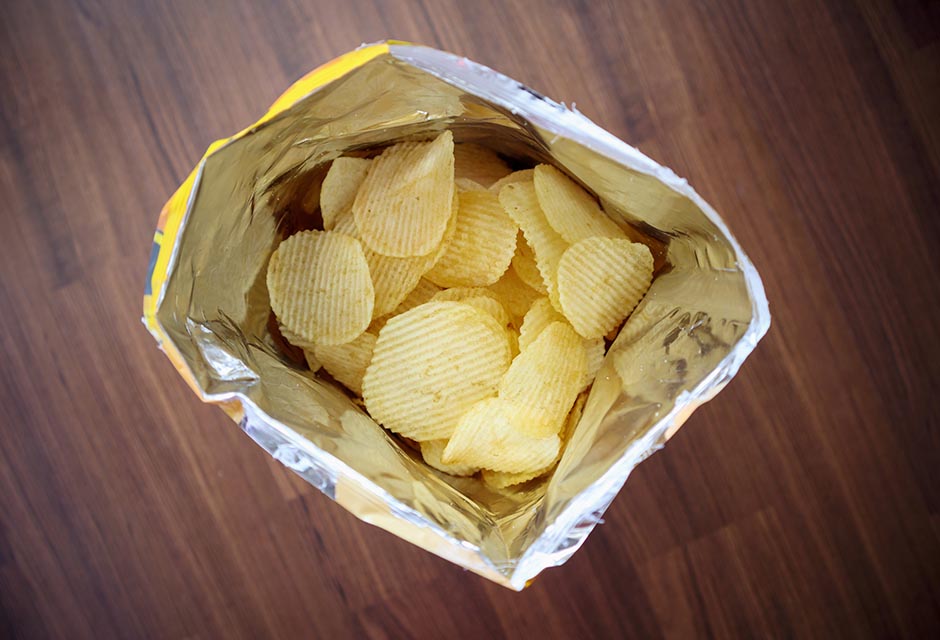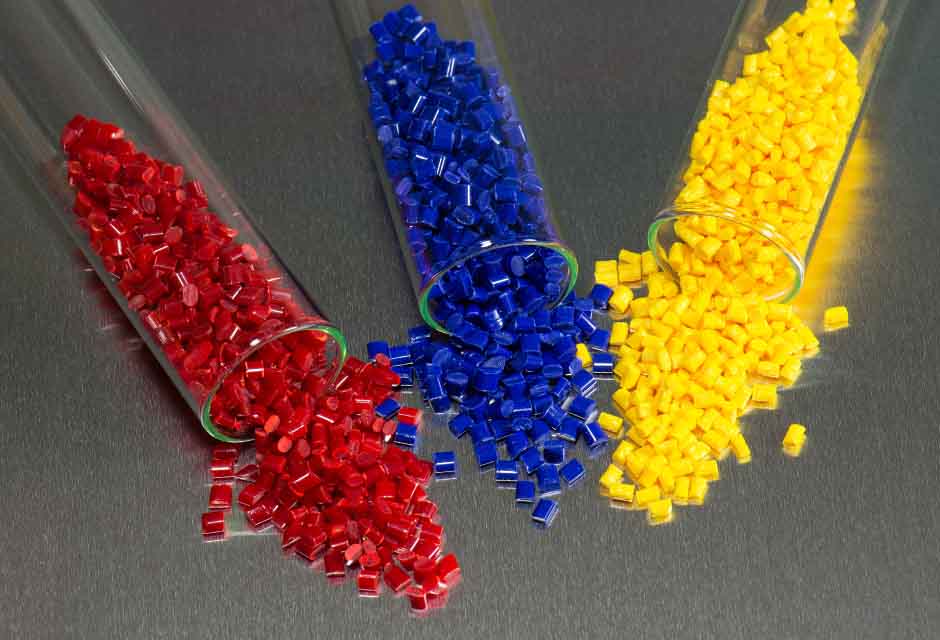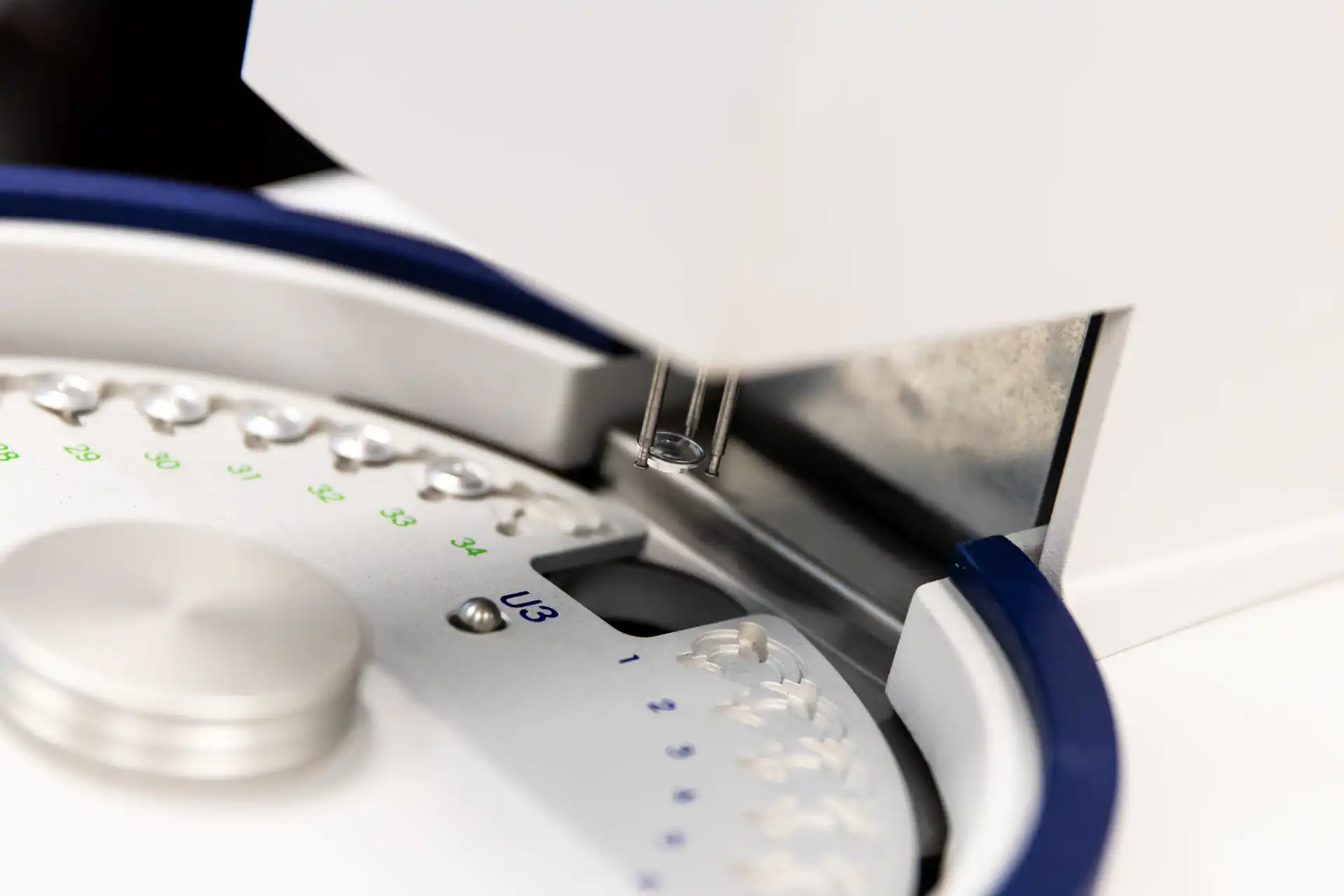Flexible Packaging Testing Services and Consulting
Flex-Pack Engineering offers a wide variety of testing services, including full analytical, full physical testing and expert consulting services, related to the flexible packaging industry. These services include DSC Testing, TGA Testing, FTIR Microscope Testing, Dart Drop Testing, Tensile Testing, Elmendorf Tear Testing, Coefficient of Friction (COF) Test, Moisture Vapor Transmission Testing (MVTR), Oxygen Transmission Rate (OTR) just to name a few. Occasionally, we will have customers who want to bring testing services in-house, and sometimes this makes sense. However, there are a lot of important factors to consider since purchasing the testing equipment is actually only a small part of what is required for permeation and other testing services.
For example, Flex-Pack was providing a high volume of tensile strength tests on a monthly basis, and the customer was considering purchasing the equipment and doing the tests themselves. In a situation like this, here are some key points to consider:
- Who is going to purchase the correct equipment? Who is going to run the equipment? Will someone within the company have to be pulled off of their regular job duties to perform the testing? If so, what is the cost of this? Will production be affected because the person doing tensile testing now is not handling his or her regular duties? Who is going to train this person?
- Does the person you have in mind to do the testing even know what a tensile tester is or what to look at? Do they know anything about physical property testing? Do they know what numbers they are supposed to get in the test? Do they know what things look like when they go wrong? Do they know how to interpret the results of the testing? And, what happens when they issue a report or result which they think is correct, and you think is correct, but because you don’t have the experience to know if the results are right or wrong, what is the cost of that in the long term?
As you can see there is a lot to think about when considering bringing analytical and physical testing services in-house. There is a cost beyond the price of the equipment. Even when you are sending testing out to a traditional lab, you often are not getting the entire picture because the lab technicians may not be experienced in or have the knowledge regarding film and flexible packaging testing. They may be used to testing a wide variety of items and don’t understand the subtle nuances of packaging testing. They don’t always understand the end use, Chain Of Use (COU) or Fitness For Use (FFU) for the package itself.
At Flex-Pack we can handle your testing requirements and we provide expert analysis and interpretation, along with recommendations to help solve your flexible packaging problems or improve a new film design. We offer so much more than just test results. We have over 30 years of experience in focusing on flexible packaging testing and we understand “cradle to grave” what the package will need to do.
Flex-Pack Engineering, Your Best Choice for Flexible Packaging Testing and Consulting
Buying a piece of equipment doesn’t make you an expert! Consider partnering with Flex-Pack Engineering and let us help you not only do analytical and physical properties testing, but also provide expert interpretation and recommendations to help your company improve its bottom line.
Let’s have a conversation today! Call us at 330-704-9436 or fill out our request information form and learn how Flex-Pack Engineering can help you.

